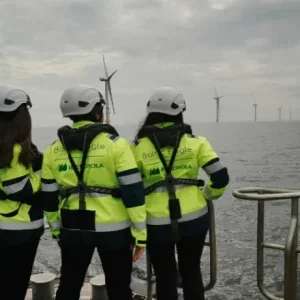The report emphasized on the need to address the lack of spare capacity in the energy sector, with maximum supply currently very close to peak demand.
It found the UK’s infrastructure to be in poor condition overall and warned the new Government it has very little time to act if we are to have sustainable, working water, waste, energy and transport networks in the future.
It stressed that government must make crucial decisions in the next five years on renewable energy sources, nuclear power stations and technologies that can make fossil fuel power generation cleaner, such as carbon capture and storage (CCS).
The report, an independent assessment of the UK’s infrastructure designed to outline priorities for the new government, scored our water, waste, transport, flood and energy systems against the backdrop of public spending cuts, the urgent need to shift to a low carbon society and a recovering economy.
Within each sector, the existing infrastructure was appraised on general condition, capacity, resilience and sustainability. Finally the impact of significant budget cuts was evaluated. An overall grade was given for each: A: fit for future; B: adequate for now; C: requires attention; D: at risk or E: not fit for purpose.
The energy sector (graded a ‘D’) gave the most cause for concern, in light of the massive challenges it faces to ensure security of supply in future.
David Orr, former ICE president and chair of the project steering group, said: “Infrastructure underpins the very existence of civilised society, so finding two crucial sectors – energy and local transport – to be ‘at risk’ is very worrying for the nation’s future development and productivity.
“Without effective, sustainable infrastructure the UK risks losing its position as a world-leader, failing in its goal to be environmentally responsible and being unable to maintain a high quality of life for its population. There is only a small window of opportunity to address this – the decisions we make in the next five years will determine the future livelihood of our nation.”






